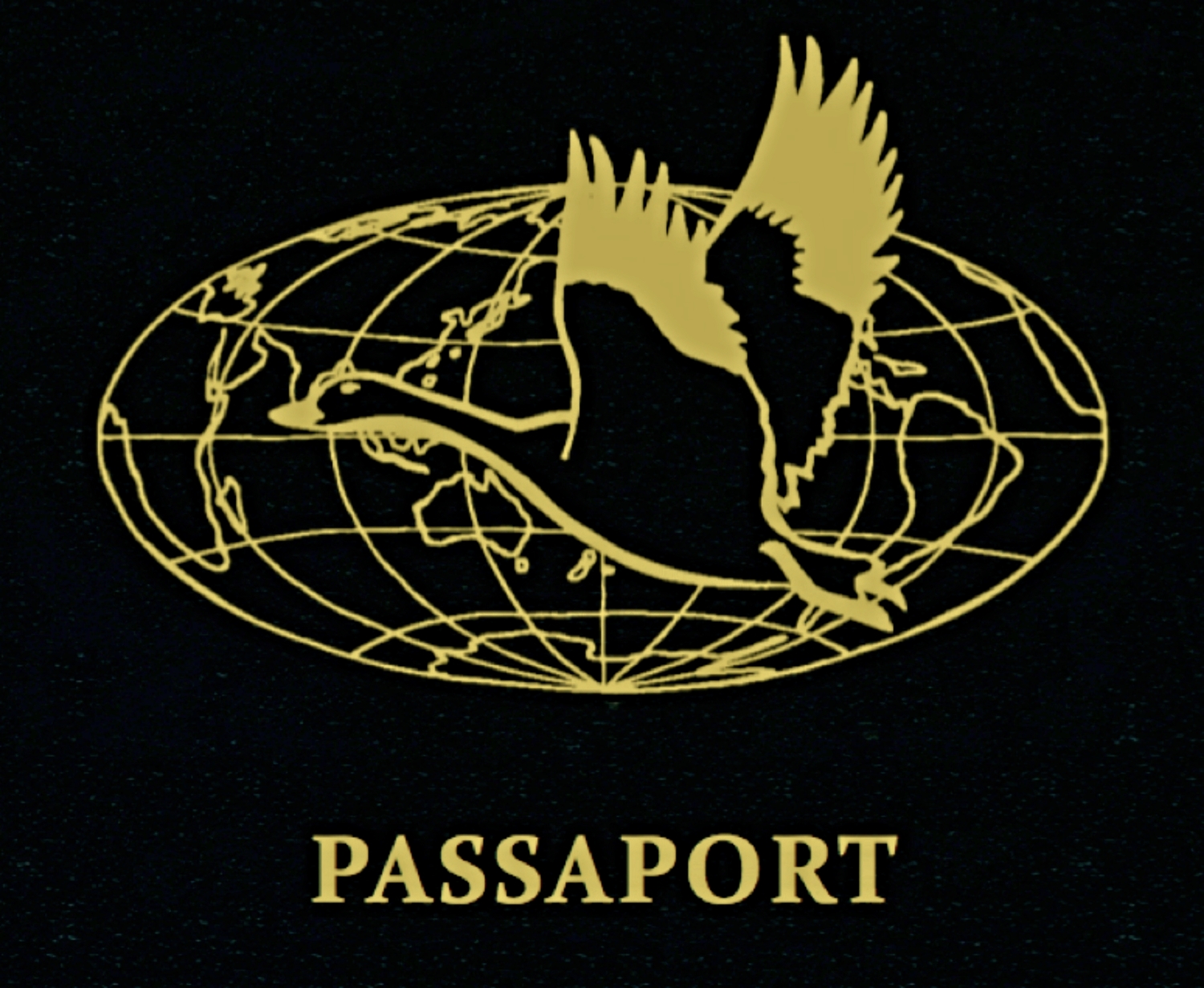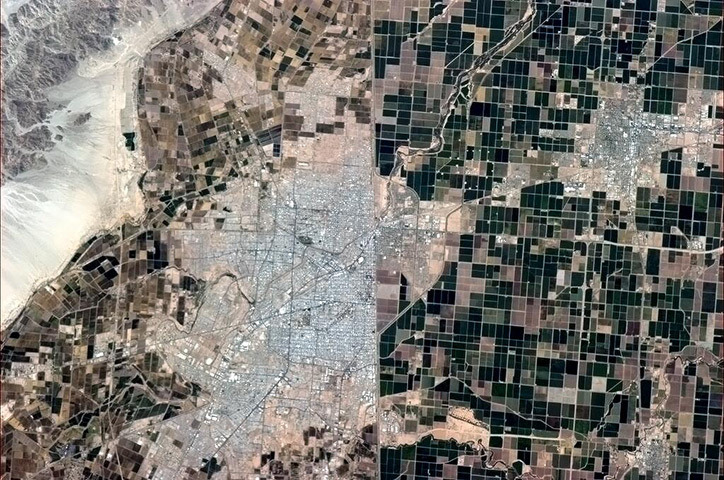Last January, Catalan journalist Nicolás Valle published a highly informative article detailing the increasing number of physical border walls and barriers that are popping up across the planet. 24 years after the fall of the Berlin Wall, there are now 41,890 km of walls (concrete, metal, or a combination of both) straddling nation-state borders. Some of these are visible from space, among them the Mexico-US border, and the borders separating Egypt, Israel and the Gaza strip (both recently photographed by astronaut Chris Hadfield from the International Space Station). String these 41,890 km of border walls into a single line, and it will be long enough to form a Saturn-like ring around the bulging equator.
Yet borders are more than just lines; together they take the form of a fishing net, which can be used by nation-state authorities to capture criminals – or at least, an enemy of the state, which is not the same thing as an enemy of the people. Despite nation states’ efforts to enhance citizens’ emotional attachment to their passports through the inclusion of images of animals, landscapes, and other natural symbols, the revocation of whistleblower Edward Snowden’s US passport, which has grounded him at the ‘transit lounge’ of the Sheremetyevo airport since 23rd June, delivers a very clear message, regarding freedom of movement as much as freedom of information:
Your passport is not yours – it belongs to the government of the state that issued it. Betray the corporate nation-state machine, and your ‘freedom’ of movement – which was never yours in the first place – will be taken away from you. The same national identity forced upon you (like it or not, you can’t travel abroad without it) will be used against you as a weapon.
Solidarity with Edward Snowden.
If we were to send Edward Snowden an ‘anti-passport‘, addressed to him at “Transit Lounge, Sheremetyevo International Airport, Khimki, Moscow Oblast, Russia”, would it reach him? Probably not; in any case, hopefully he’s already found safe passage out of the Sheremetyevo airport, or will have by the time the envelope would arrive. In solidarity with Snowden – who has sacrificed his individual freedom of movement in favour of universal freedom of information – we’ll dedicate him a virtual anti-passport, citing the final lines of the Passport poem. (As I write this, it turns out that even the puppets of the UN have condemned and abandoned Snowden – UN stands for United Nations, not Peoples, so this shouldn’t surprise us.) With this morning’s news of western European states closing their airspaces to Evo Morales’ presidential plane, the last three lines of the poem take on a new meaning, at once more frightening, more rebellious, and more hopeful.
yoursthis passport
for all peoples, and for all landscapes,
take it where you will, there is no need for a stamp or visa,
you can leave or stay as you please, it does not expire,
you can renounce it, it is not the property of the government, duke or queen, you may even have several,
if you want, you can leave it at home, or throw it in the garbage, nobody will demand it,
if you want, you can throw it to the sea, and watch as the ink runs, the pages tear, and the unkempt sadness of your face dissolves in the waves and the salt,
if you want, you can hurl it into the air, and watch it flutter and take flight on the wind,
taking you, if you want,
with it.
(adapted from the Maltese by Albert Gatt & Antoine Cassar)
Video: Michael Chaplin, 10-year-old son of Charlie, delivering an important lesson
on power, passports, and freedom
“To leave a country is like breaking out of jail,
and to enter a country is like going through the eye of a needle. …
It’s incongruous that in this atomic age of speed,
we are shut in and shut out by passports.”
(thanks to Wes Man for the tip off)





